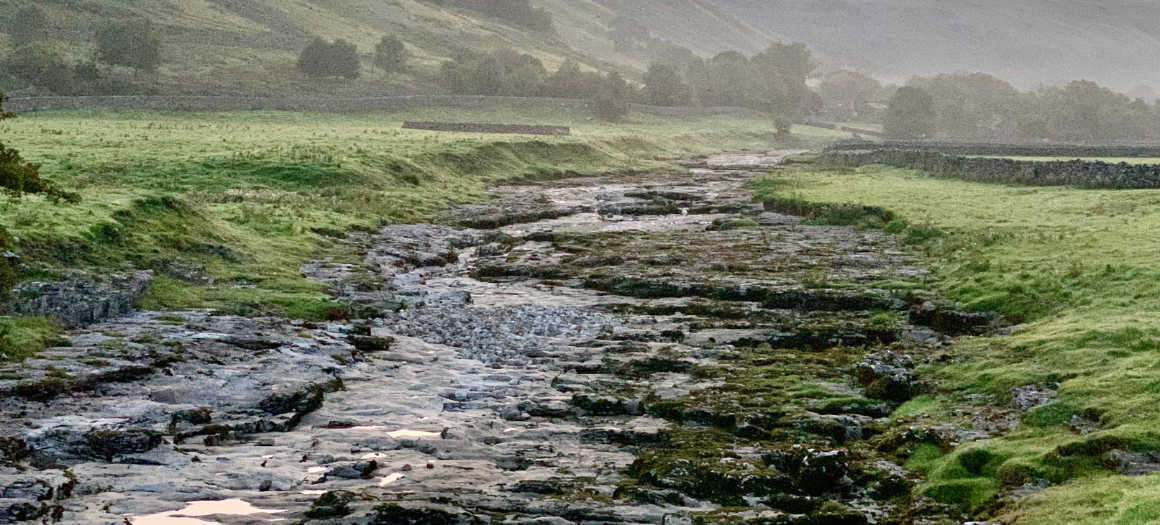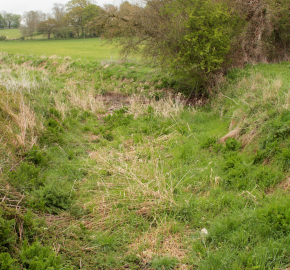There may be a drought coming: water companies need to act now

Water scarcity is becoming more and more common with increasingly persistent droughts, especially in the south of England.
WildFish has been involved in campaigning to protect chalk streams such as the Test and Itchen – rivers that have been afflicted by over-abstraction and sacrificed in times of drought.
We see what happens when more and more water is abstracted from protected rivers, using “drought orders” and “permits”. It is a situation that should never arise.
Proper planning could end the stress on rivers by forcing water companies to put in place effective long-term water supply measures, such as new reservoirs and, potentially, desalination. But there has been too much procrastination and ineffective regulation.[1]
But we are where we are.
May 2025 was the driest May on record in the South of England. The streams and rivers which depend on spring rainfall to replenish aquifers are depleted and the Environment Agency has warned that there is a “medium risk of drought this summer.”[2] That could mean that some chalk streams could disappear completely if there isn’t enough rainfall to recharge the aquifers.
There may be some rain on the way – but it is unlikely to be sufficient to head off the problem.
And when the water levels are low, demand continues: for drinking, showers and baths, for cooking and all the other uses such as filling swimming pools, watering plants or cleaning cars.
Meanwhile, there is no sign that action is being taken to head off the use of drought permits or drought orders. Water companies increasingly regard these emergency powers as the normal way of coping in dry years. All we get instead are polite requests to consumers to moderate their water consumption.[3] But that alone will not work.
The water companies are under a duty to maintain a water supply and to connect a domestic supply to consumers (see for instance sections 37 and 41 of the Water Industry Act 1991). However, through a combination of poor regulation and low levels of investment, sustainable sources of water are limited. Attention then turns to protected rivers and their aquifers, including those which are already over-abstracted.
The law is clear that when drought threatens, the first step in dealing with reduced rainfall and scarcity of water should be for the water company to exercise its powers under section 76 Water Industry Act 1991 to prohibit uses of water. Section 76A covers temporary bans if the water company “is experiencing, or may experience, a serious shortage of water for distribution.”
The Water Use (Temporary Use Bans) Order 2010 outlines the activities subject to restrictions, and water companies can seek additional powers through a drought order to further limit water use as specified in the Drought Direction 2011. These include hosepipe bans as well as using water from the tap to wash cars or fill private swimming pools.
Authorities in England and Wales are aware of the real risk of shortages as rivers and reservoirs are below their normal yearly averages for flow and water level.
Threat of a serious drought means the water companies, such as Southern Water, should act immediately. They must take a precautionary approach, give notice in the local papers (as required by section 76B) and apply bans on non-essential uses, before it is too late.
Of course, whether the water companies want to take action is another matter. They may well prefer to keep billing customers and wait until the situation worsens. Then they can apply for drought permits and drought orders to allow them to take more and more water from depleted rivers and aquifers.
The first step should be for the water companies to prohibit or reduce certain uses of water (for instance, a hosepipe ban) to reduce demand. This should happen right now.
To learn more about our work to protect water supplies for wild fish, please read our recently published Abstraction Report, as well as our response to the National Drought Management Consultation.
The Abstraction ReportWildFish Response to Drought Consultation
List of references
1. See our response to Southern Water’s WRMP: The Failings of Southern Water’s Supply Plans | WildFish
2. No UK hosepipe ban but medium risk of drought this summer – BBC Weather
3. South East water firms say ‘use water wisely’ to avoid hosepipe ban – BBC News





This information needs to be news headlines on television news so pleased that WildFish is speaking out about this vital
issue